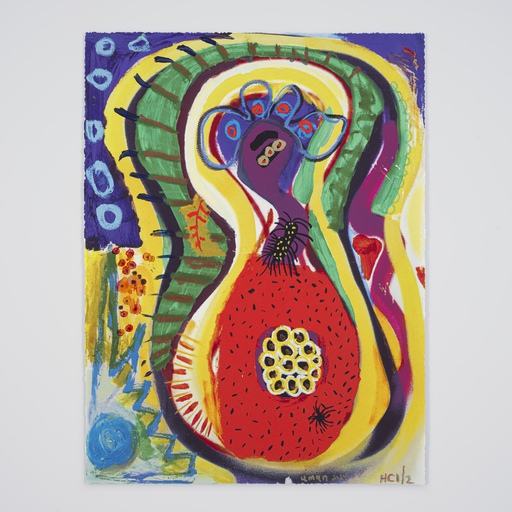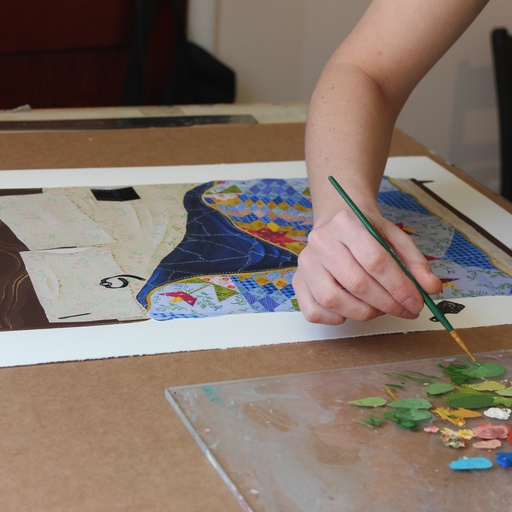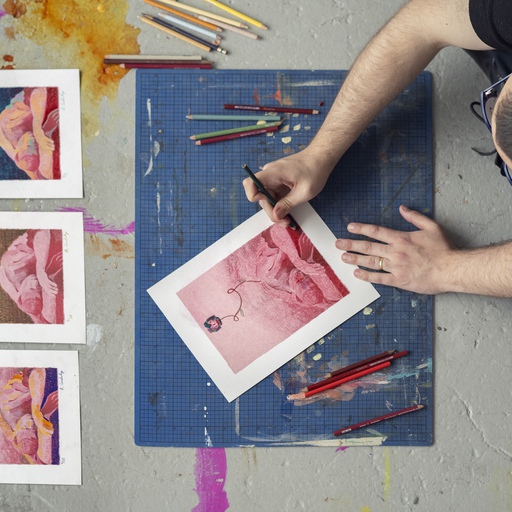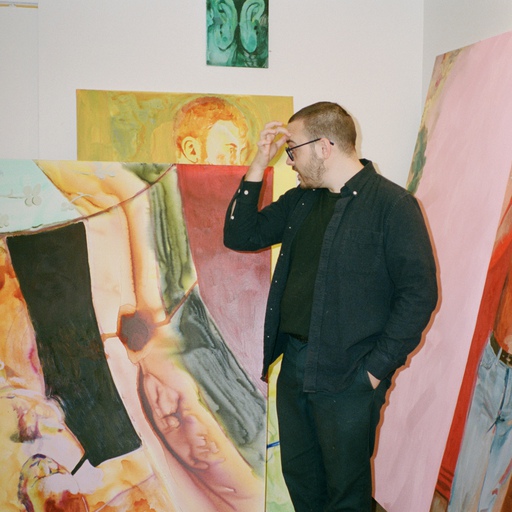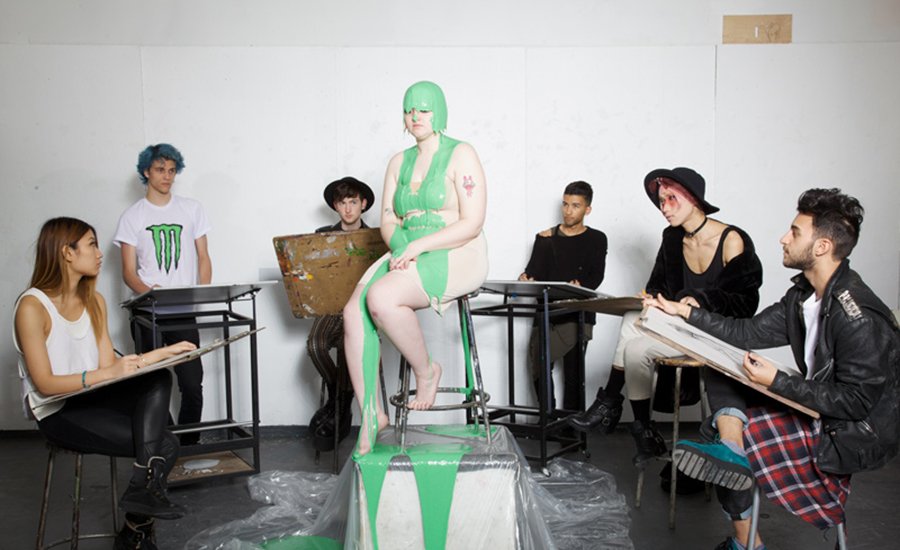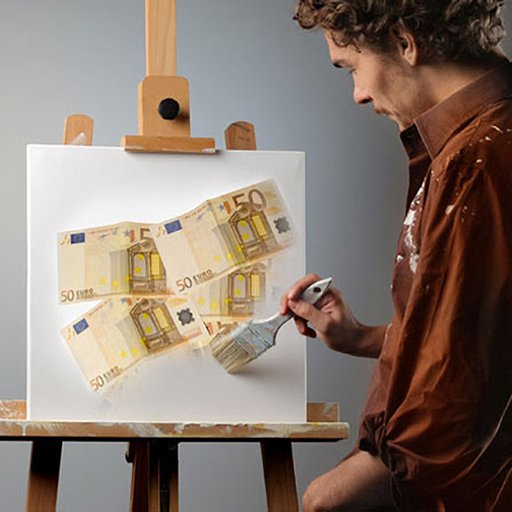Graduating from art school means transitioning from the comfort of campus-provided studio space, access to production facilities, and a climate of constant feedback, criticism, and support to... well, having zero of those things. Abstaining from these perks cold-turkey can feel like quite the plunge—but luckily there are a few things you can do during your last semester (as many art students are entering soon) to prepare for entering the "real world" as an artist. Above all else: enjoy school while you still can.
Tip #1: Get Teaching Experience

Faculty jobs are very hard to come by and it’s almost impossible to get teaching experience… without already having teaching experience. So, if you have the opportunity to teach a class while you’re in school, work as a teacher’s assistant (TA), or even moonlight in a tech shop where you’re helping students one-on-one—seize it! No matter if you don’t envision yourself helming a class of your own in the near future, you don’t want to close any doors. Teaching classes in an adjunct capacity can be a great way to keep a somewhat flexible schedule, stay involved with academia, and make some extra cash.
Tip #2: Make a Facebook Group

Right now, you have a built-in network of peers to rely on: your fellow classmates. We’re not saying you’re going to lose all your friends once you graduate. But we will say that most recent grads feel isolated and disconnected during their first months out of school. If your class doesn’t already have one, make a private Facebook group and invite all of your classmates to it well before you graduate. Use it to exchange resources, share events, crowdsource advice, etc.—and by the time you leave campus, you’ll have a fully functioning social network to keep you plugged in and inspired.
Tip #3: Research Studio Space

If you’re in your final year of art school, you most likely have an on-campus studio. Depending on where you live, renting a studio once you graduate can be very, very expensive. (Renting a private studio in Brooklyn typically runs between $500 to $2,000 and up... per month.) Start doing some preliminary research about studio spaces and see what your classmates are planning on doing, since it might be most economical to team up with a few of them and go in on a larger space to use jointly. Plus, sharing a space is a great way to build a community post-graduation. And if renting a studio doesn’t fit within your budget, think about how this might affect your artwork. You might want to start getting used to working out of your kitchen, at least until you start gaining some traction.
Tip #4: Make Nice-Nice With Your Professors
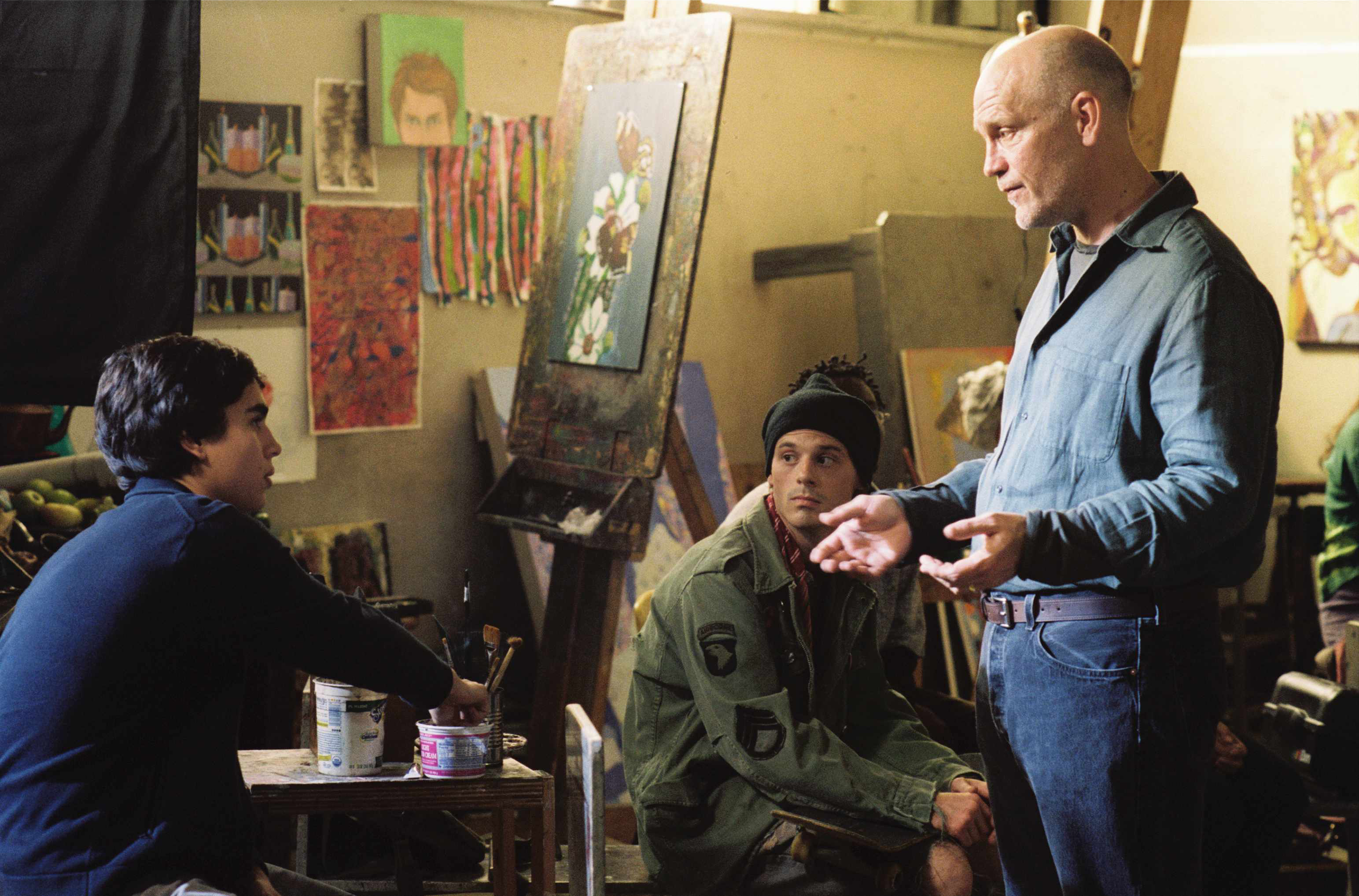
You’re going to need references and recommendations from your professors, whether it’s for jobs, residencies, or, if you’re an undergraduate, graduate school applications. (
See our guide to the top MFA programs
if that's a route you're exploring.) We’re not
necessarily
telling you to suck up, but definitely don’t burn any bridges. Instead, build relationships with your teachers, exchange contact info so you can stay in touch after graduation, and consider preemptively asking you favorite faculty if they're willing to be a reference for you.
Tip #5: Use Gmail

Most students receive a school email when they enroll. Okay, you will
never
use this address once you graduate. In fact, your school will probably delete the account within a year after you leave. We suggest forwarding your school email to the your Gmail account so you can reply to emails using an evergreen address. That way people will have your long-term contact in their address book, and you won’t have to transfer over all of your own contacts either. Bottom line: make sure you save any important contacts or information from your school account soon after graduating.
Tip #6: If You Use a Tech Shop, Work in a Tech Shop

Do you work with ceramics, metal, printmaking, wood, or any other technique that requires special equipment? If so, prepare for disappointment once you graduate (unless your school allows alumni to continue to use its facilities—so do some research to find out if this is an option). Finding access to production equipment can be tricky when you're not affiliated with a school. If you live in a major city, chances are good that there are shops that offer monthly memberships or daily rentals—just be prepared to pay for them.
Having to shell out the big bucks just to fire a kiln or coat a silkscreen might slow down production and discourage you from experimenting in the studio. But! If you can get hired as a student technician in a shop at your school, you may be able to get a job doing a similar thing at a communal studio, which, along with providing income, will most likely allow you use valuable facilities for free. So, to increase your chances of landing an off-campus shop position, snag an on-campus one while you still can.
Tip #7: Find a Crit Group

Regardless of how many eye rolls you make during group critiques, one day you’ll realize how invaluable it is to have a platform to discuss your work regularly, and get honest feedback about your work. In many cities you can join crit groups, linking up with other artists who meet every week (or month) to visit each other’s studios and discuss the work. It’s a great way to meet other artists and plug into the community while you continue to get feedback and keep your critical thinking skills sharp. Facebook may be the best way to find out about these groups.
Tip #8: Apply for
Residencies
 Outlanda Artist Residency in Scotland. Image courtesy of
Holly Muir.
Outlanda Artist Residency in Scotland. Image courtesy of
Holly Muir.
Artists residencies can ease the shock of leaving school, providing artists with studio space, feedback/criticism, community, and, in some cases, access to facilities and tech shops. Check out our guide to paid residency around the world for savvy starving artists and send out some applications!
Tip #9: Take Pics or It Didn't Happen
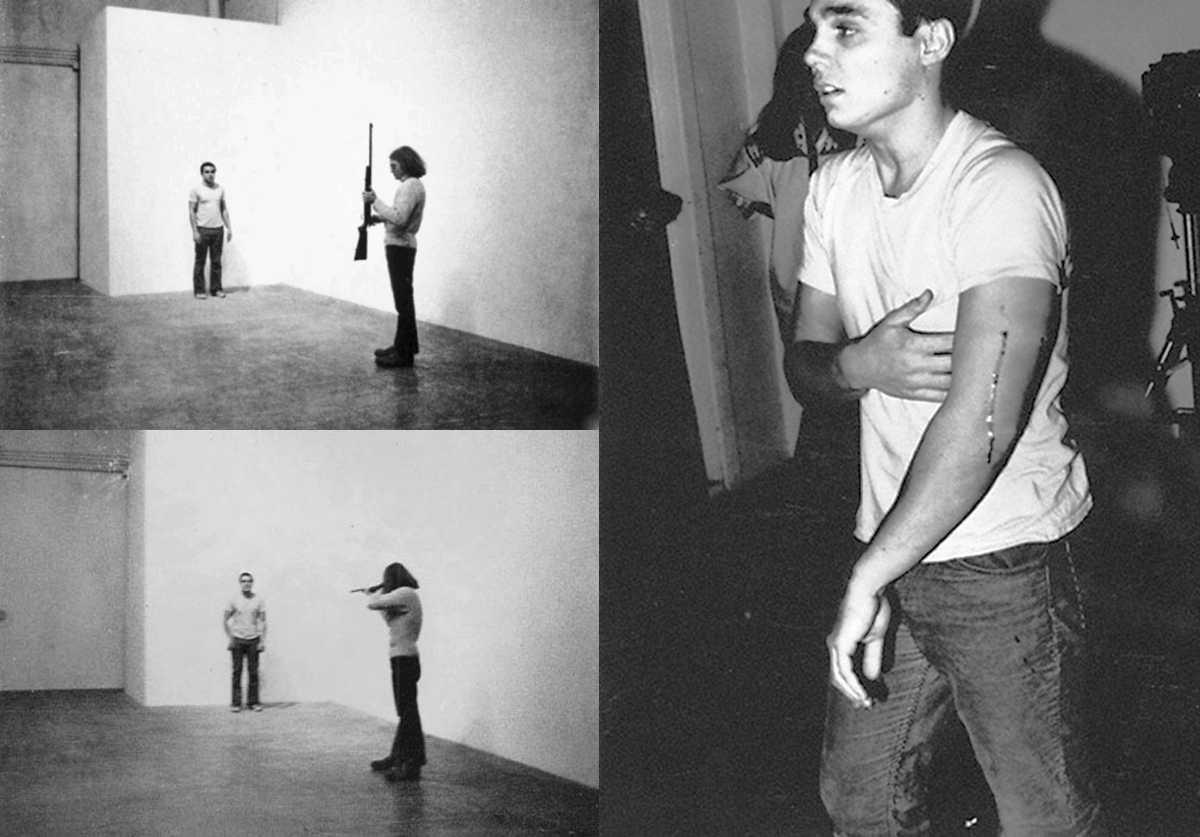
Document your work. Get a hold of some lighting equipment and a decent DSLR camera, which you may be able to rent from your school. (If not, ask one of your photographer friends to help you out, or look into film and photography rental services in your city.) Photograph your work in whatever space you can find that looks most like a gallery, and take your time to do it right. These images may be the single most important things you leave school with. They are your currency.
Tip #10: Build a Website

Now that you have some sexy images of your work to show off, make a home for them online! Free website builders like Wix and WordPress make it easy to get you site up and running in no time, even if you don't have any site-building skills. No need for anything fancy here—just be sure to have high-resolution images that are easily navigable, and your contact information. Some artists choose to also include an artist's statement and a CV, but don't include these things unless you think they really help the viewer understand your work.
Bonus tip: when uploading your images to your computer, always save them with your name, the title of work, and even the context in their filed name (like "Jane Artista, My Amazing Artwork , X Gallery") rather than the automatically generated suggestion ("Photo #4"). This will both boost your personal SEO and ensure that anyone plugging your name into Google Image Search has a better chance of seeing your best work.
Tip #11: Be Shameless on Social Media
Don't be shy about posting images of your work and promoting the shows you're involved in on social media. Follow people you'd like to collaborate with or people you feel could be interested in what you're doing, and don't be passive—commenting on other people's posts and engaging in discussions are time-honored ways of build your own audience.







